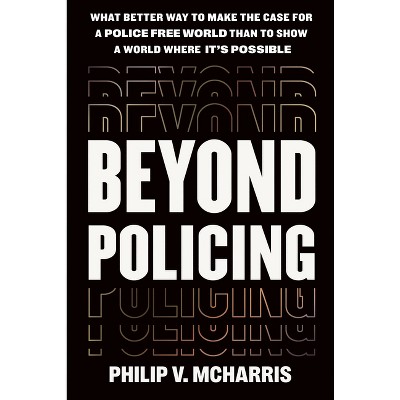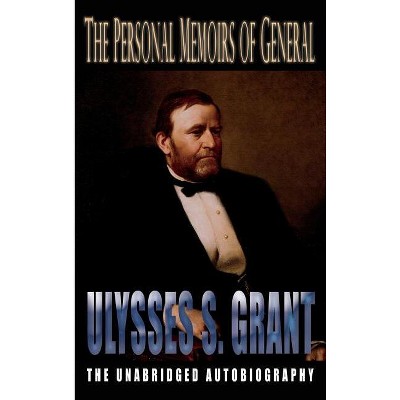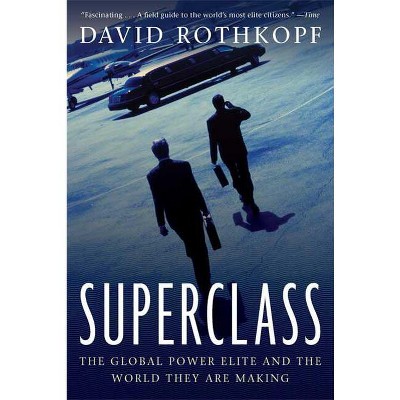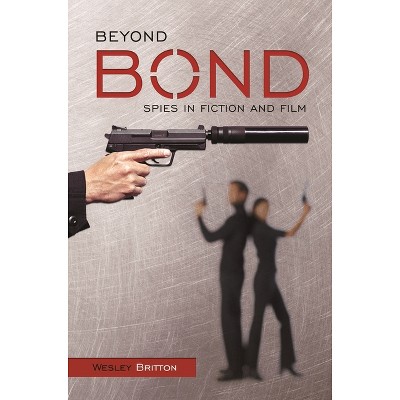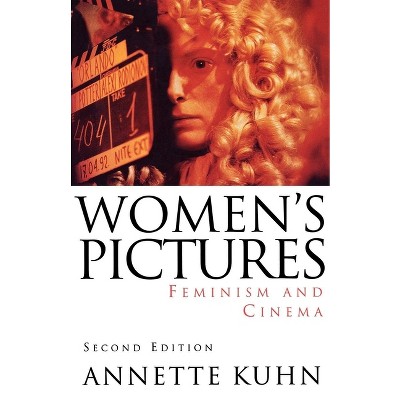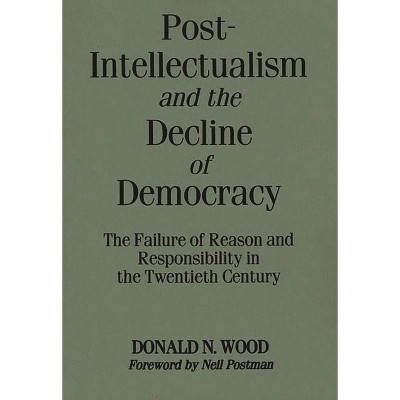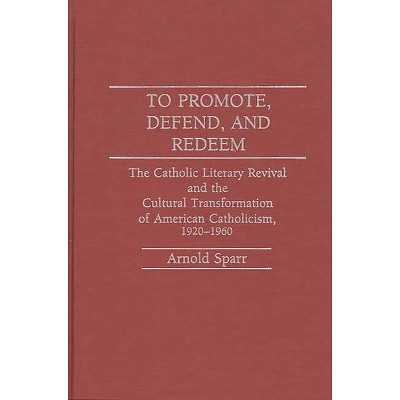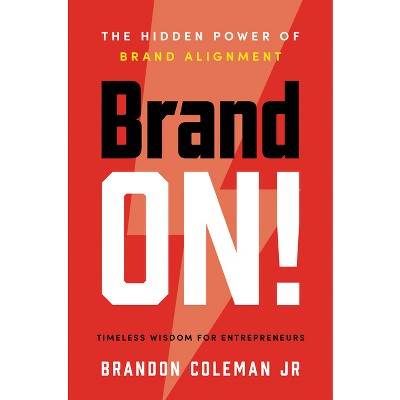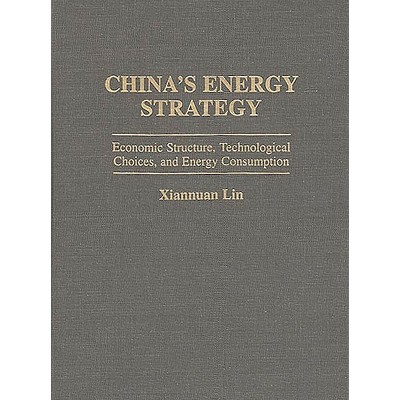Sponsored

The Anglo-Irish War, 1916-1921 - by William H Kautt (Hardcover)
In Stock
Sponsored
About this item
Highlights
- An analysis of the Anglo-Irish War of 1916-1921 using the framework of a people's war, this study explains how one of the smallest nations on earth emerged victorious against one of the world's most powerful empires.
- About the Author: William H. Kautt, PhD, served for ten years an officer in the U.S. Air Force and took part in several campaigns.
- 200 Pages
- History, Military
Description
About the Book
An analysis of the Anglo-Irish War of 1916-1921 using the framework of a people's war, this study explains how one of the smallest nations on earth emerged victorious against one of the world's most powerful empires. Of the many accounts of the Irish War of Independence, none adequately explains the Irish victory over a force that was superior in technology, industry, military force, and population. While the theorists associated today with the strategies characteristic of a people's war were either not yet born or were unknown to those in the Irish Republican Army and Sinn Fein, the war they waged closely fits later revolutionary models.
This is the first critical study of the insurgent and counter-insurgent campaigns in a controversial and often misunderstood conflict. The Republic won in 1921, but what did it win? The Irish succeeded in securing Home Rule on their own terms when England refused to give in. Meanwhile the Crown Forces gained valuable experience in a form of war that would continue to plague them decades later. Appendices include information on the political, military, and paramilitary organizations in Ireland; important Irish political documents; songs of the rebellion; and a critical bibliography.
Book Synopsis
An analysis of the Anglo-Irish War of 1916-1921 using the framework of a people's war, this study explains how one of the smallest nations on earth emerged victorious against one of the world's most powerful empires. Of the many accounts of the Irish War of Independence, none adequately explains the Irish victory over a force that was superior in technology, industry, military force, and population. While the theorists associated today with the strategies characteristic of a people's war were either not yet born or were unknown to those in the Irish Republican Army and Sinn Fein, the war they waged closely fits later revolutionary models.
This is the first critical study of the insurgent and counter-insurgent campaigns in a controversial and often misunderstood conflict. The Republic won in 1921, but what did it win? The Irish succeeded in securing Home Rule on their own terms when England refused to give in. Meanwhile the Crown Forces gained valuable experience in a form of war that would continue to plague them decades later. Appendices include information on the political, military, and paramilitary organizations in Ireland; important Irish political documents; songs of the rebellion; and a critical bibliography.Review Quotes
.,."a welcome contribution to the existing literature on an important subject. There is a need for students of this era to better understand how it was that Irish revolutionaries in 1919, on their own, came to adopt tactics of unconventional warfare that would in fact serve as a primer for a number of people's wars later in the century. Kautt is more sensitive to the importance of this phenomenon than are a good many of historians of this period."-Albion
?...a welcome contribution to the existing literature on an important subject. There is a need for students of this era to better understand how it was that Irish revolutionaries in 1919, on their own, came to adopt tactics of unconventional warfare that would in fact serve as a primer for a number of people's wars later in the century. Kautt is more sensitive to the importance of this phenomenon than are a good many of historians of this period.?-Albion
?There is a breathless quality about this book....this is a stimulating read.?-The Journal of Military History
"There is a breathless quality about this book....this is a stimulating read."-The Journal of Military History
..."a welcome contribution to the existing literature on an important subject. There is a need for students of this era to better understand how it was that Irish revolutionaries in 1919, on their own, came to adopt tactics of unconventional warfare that would in fact serve as a primer for a number of people's wars later in the century. Kautt is more sensitive to the importance of this phenomenon than are a good many of historians of this period."-Albion
About the Author
William H. Kautt, PhD, served for ten years an officer in the U.S. Air Force and took part in several campaigns. Kautt joined the Department of Military History at the U.S. Army Command & General Staff College in Fort Leavenworth, KS in 2003. In the summer of 2005, he was elected a Fellow of the Royal Historical Society. He is the author of Ambushes and Armour: The Irish Rebellion 1919-1921, published in 2010.Shipping details
Return details
Frequently bought together
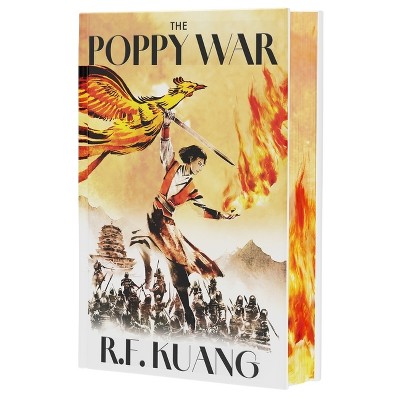

Trending Non-Fiction






